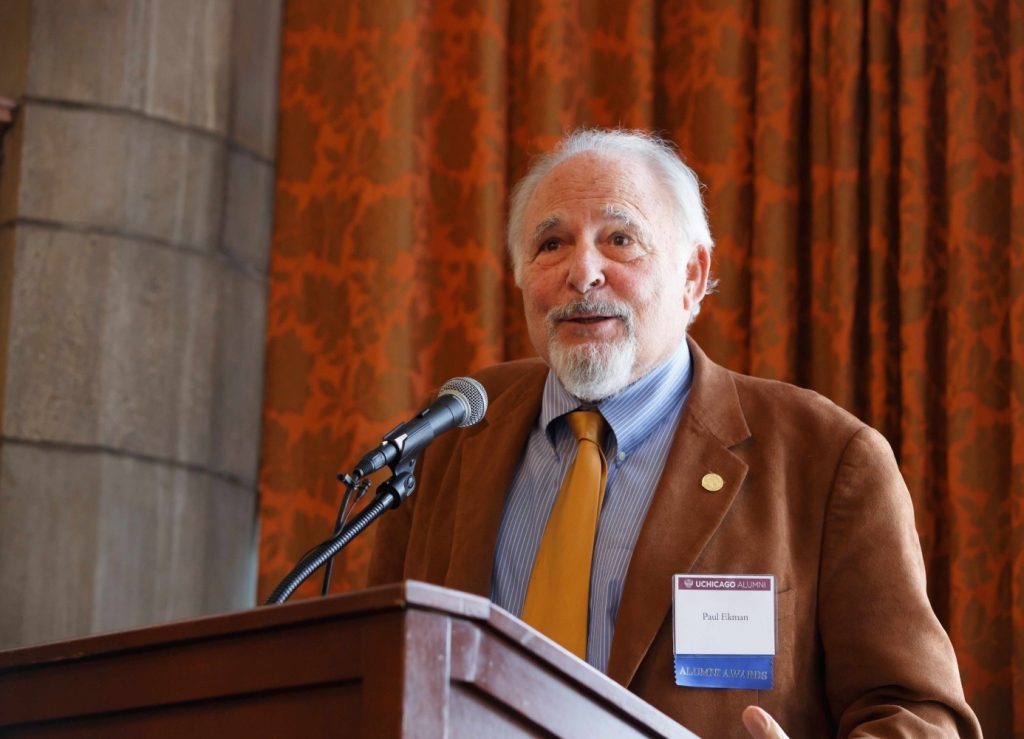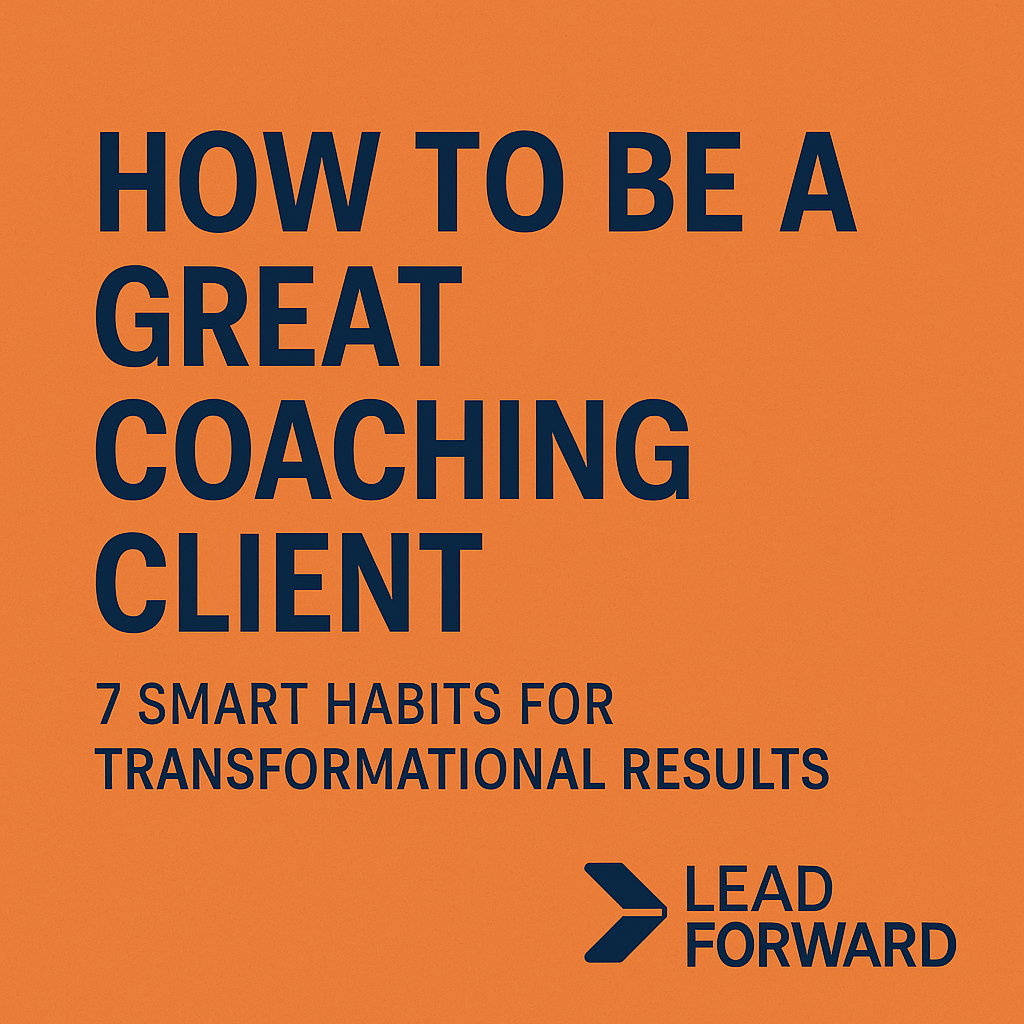
If you’ve made the courageous decision to invest in coaching—congratulations! You’ve already taken a bold step toward growth. But here’s the truth: coaching isn’t just about finding the right coach. It’s also about being the right client.
The most powerful coaching transformations don’t happen by chance—they’re co-created. When you bring the right mindset, attitude, and habits to your sessions, your results accelerate. Here’s how to be an outstanding coaching client and make every session count.
1. Come Prepared—But Stay Open
You don’t need all the answers—but do come with questions. Reflect on what’s been working, what’s challenging, and what you’re hoping to shift.
At the same time, stay open to unexpected breakthroughs. Great coaching often happens in the unplanned moments.
2. Be Honest—Especially with Yourself
Coaching is a space for truth. If you’re struggling, say it. If you’re stuck, bring it to the surface.
Your coach isn’t here to judge—they’re here to support your clarity, even if that means asking tough questions.
3. Take Radical Responsibility
Coaching isn’t therapy or consulting—it’s a partnership. Your coach and stakeholders won’t do the work for you. But they will walk beside you as you do it.
The more ownership you take for your actions and outcomes, the more you’ll grow.
4. Do the Work Between Sessions
Transformation happens between the coaching calls. The insights are just the beginning—real change requires integration.
Whether it’s reflecting, journaling, experimenting with new behaviours, or taking bold action, commit to follow-through.
5. Ask for What You Need
Need more structure? Want tougher accountability? Craving encouragement or clarity? Say so.
Coaching is most effective when you’re clear about your expectations. Speak up—this is your journey.
6. Embrace Discomfort as Growth
Coaching will challenge you. At times, it may feel uncomfortable—that’s often a sign you’re stretching into new territory.
Lean in. Growth rarely happens in your comfort zone.
7. Celebrate Your Wins (Big and Small)
Don’t gloss over your progress. Share your wins—even the little ones.
Acknowledging growth keeps momentum alive and reminds you just how capable you are.
Final Thought: Coaching Works—If You Do
Being a great coaching client doesn’t mean being perfect. It means being present, courageous, and committed to your growth.
When you show up fully, magic happens. The investment you’ve made in coaching is really an investment in you—and you’re absolutely worth it.
Book a FREE 15-min strategy session with me to explore options for Executive Leadership Coaching [ CLICK HERE ].
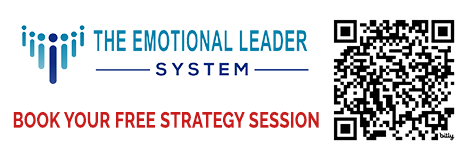
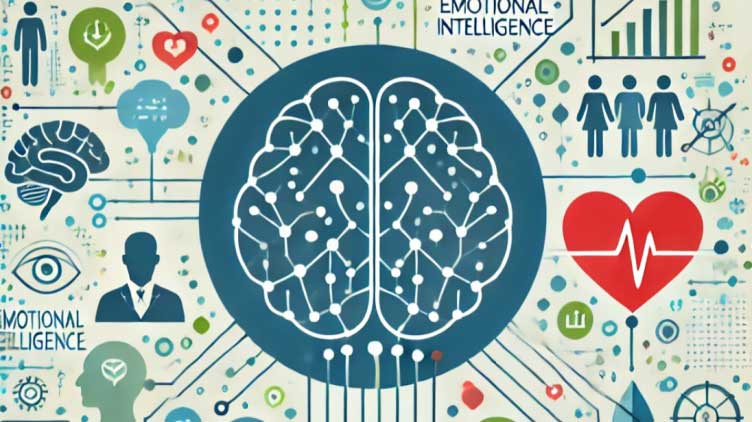

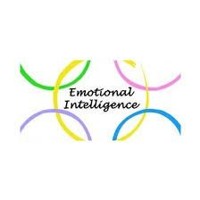 According to Dr Dorrian Aiken, part-time lecturer at the University of Stellenbosch Business School, EQ is considered to be more important than IQ in leadership, management , parenting and teaching “because emotions are contagious”.
According to Dr Dorrian Aiken, part-time lecturer at the University of Stellenbosch Business School, EQ is considered to be more important than IQ in leadership, management , parenting and teaching “because emotions are contagious”.